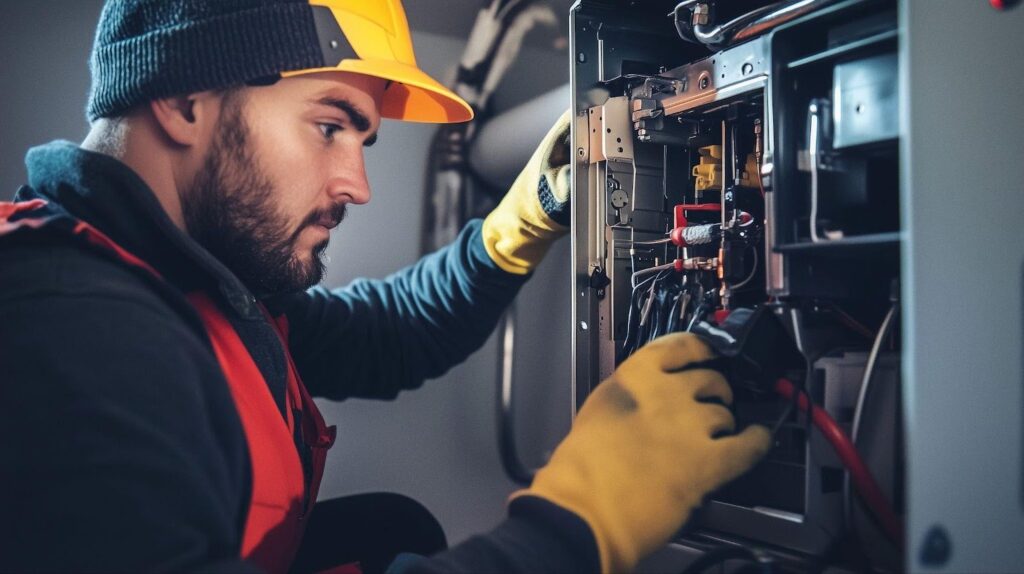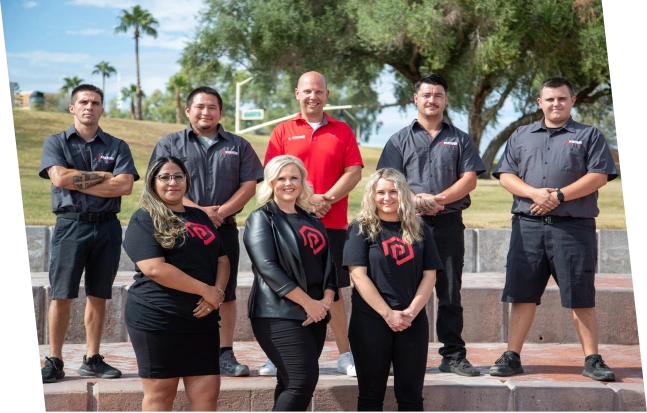Choosing the right furnace for your home (and staying on top of furnace maintenance service) is key to staying warm during chilly months. Imagine returning home from a long day in the cold, only to be greeted by a cozy, warm environment. A well-chosen furnace makes all the difference.
Furnaces come in various types, including gas and electric, and each has unique characteristics. Understanding these differences, along with how to maintain them with furnace maintenance service and repair, ensures a long-lasting, efficient heating solution for your home.
In this ultimate guide, we will walk through everything you need to know about heating your home effectively. From evaluating fuel sources to exploring installation costs, you’ll gain the knowledge you need to select the perfect furnace for your needs.

Understand the different types of furnaces
Did you know that there are different types of furnaces? It’s important to know about each kind so you can make the best choice for your home heating needs. Each furnace type transforms fuel into heat, keeping you warm all winter long.
Gas furnaces
Gas furnaces are a popular choice in many homes. They use natural gas as their fuel type, turning it into cozy warmth with a blower that spreads the heat around your home.
Key features include good efficiency ratings, lower operating costs, good functionality in cold climates, and excellent furnace maintenance service.
Electric furnaces
Electric furnaces use electricity to produce heat. They often have a lower upfront cost than gas furnaces, which is great if you’re looking to save some money right away.
Electric furnaces have high-efficiency ratings and a low carbon footprint. They are environmentally friendly, especially when the power source is clean energy.
Many electric furnace models come with a variable-speed blower for better air circulation and comfort.
Though maintenance is simpler, make sure to have a plan for furnace repair services if needed.
Evaluate fuel sources for your heating needs
Choosing the right furnace for your home means evaluating the fuel source that will best meet your heating requirements. Each fuel type has different benefits and considerations. Understanding these will help you make an informed decision and find a furnace that offers long-term savings and optimal performance.
Below, we’ll explore natural gas availability and electricity costs to help you select the perfect furnace for your home.
Natural gas availability
Natural gas is a popular fuel source for many homeowners because it is economical and efficient. If natural gas lines are available in your area, a gas furnace could be a great choice.
So, what are the pros of natural gas?
- It’s cheaper than electricity.
- It burns cleaner than other fossil fuels, reducing emission levels.
- Modern gas furnaces often come with high-efficiency ratings, which help lower energy bills.
If you want natural gas, keep in mind whether you can have your home connected to natural gas lines.
Also, consider upfront costs. While natural gas furnaces can have a higher upfront cost, the long-term savings in operating costs typically outweigh this initial expense.
You’ll need regular maintenance to keep your furnace running efficiently and safely.
Electricity costs
Electric furnaces are another option to consider, especially where natural gas isn’t readily available. These furnaces are typically easy to install and require less maintenance than gas furnaces.
Electric furnaces are easier and cheaper to install than gas models. There is no risk of gas leaks, making them a safer option for some homes. These furnaces require less frequent furnace repair services and regular maintenance.
Here are a few things to consider.
Operating costs
Electricity tends to be more expensive than natural gas, which may lead to higher energy bills.
Efficiency ratings
High-efficiency models are available, which can help manage energy consumption and costs.
Variable-speed blower
Look for models with this feature for more efficient and comfortable heat management.
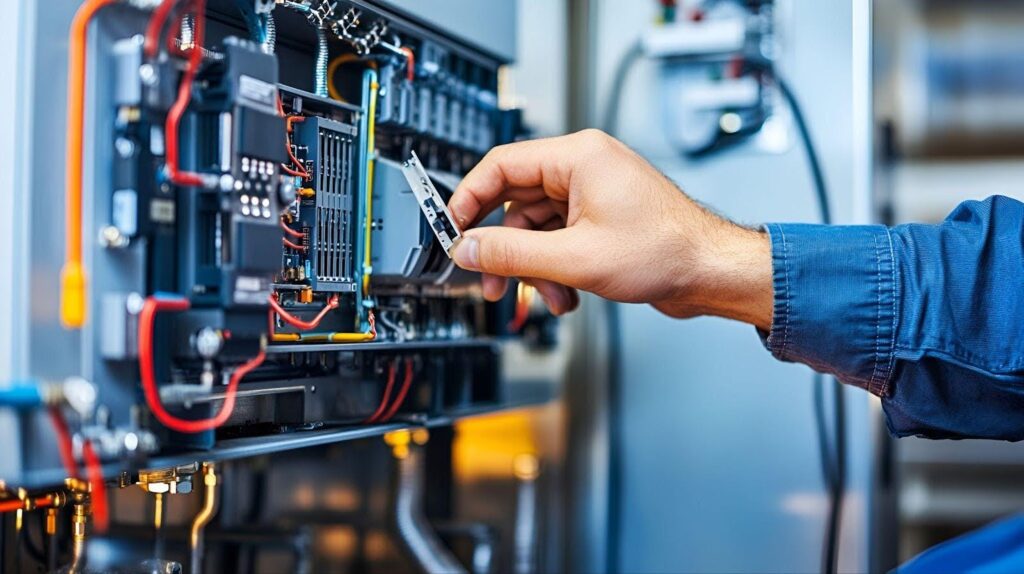
Assess maintenance requirements for each furnace type
Choosing the right furnace for your home involves more than picking one that fits. You need to think about how much care and maintenance each type of furnace needs. Each furnace type has its own routine tasks and professional servicing needs that keep it running smoothly and efficiently.
Routine maintenance tasks
Every furnace type, whether electric, gas, or oil, requires routine maintenance to ensure optimal performance. These tasks keep your furnace running efficiently and extend its lifespan.
Checking filters
Regardless of the furnace type, a clean filter ensures efficient airflow and reduces strain. It may also improve energy consumption and lower your energy bills.
Inspecting blowers
For furnaces with a variable-speed blower, make sure the blower is clear of dust and debris. Regular cleaning helps maintain efficiency.
Thermostat settings
Ensure the thermostat settings are accurate. This simple task greatly impacts the heating requirements and overall energy consumption.
Checking vents
Keep vents and ducts unblocked and clean to ensure that heat flows freely throughout the home. This task is vital for efficient heating, especially in colder climates.
Professional servicing needs
In addition to routine care, professional servicing is necessary for comprehensive furnace maintenance. This includes services that might be beyond the scope of routine tasks.
Annual inspections
Schedule an annual inspection for your furnace. A professional service can identify issues that may not be visible to you, ensuring that your furnace is safe and efficient.
Furnace maintenance service
Regular furnace maintenance services involve a thorough check of the entire system. Professionals inspect the heat exchanger, burners, and other critical parts to ensure everything is working properly.
Furnace repair services
At times, a furnace might need repairs beyond regular maintenance. Relying on professional furnace repair services can resolve these issues quickly and effectively. This is especially important for older furnaces or those experiencing frequent problems.
Proper installation check
If your furnace was recently installed or is a new model, having a professional verify the furnace installation ensures that it meets all specifications for operational safety and efficiency.
Cleaning and adjustments
Periodic cleaning and adjustments by professionals are vital. They will clean components, adjust settings, and check for gas leaks in gas furnaces, minimizing risks and improving efficiency.
Consider these maintenance aspects when you select your furnace. Some homeowners prefer the ease of electric furnaces with fewer maintenance needs, while others might choose natural gas furnaces for their efficiency and performance in cold climates despite their higher maintenance requirements.
Ultimately, understanding what each furnace type needs in terms of care helps ensure long-term savings and optimal performance for your home.
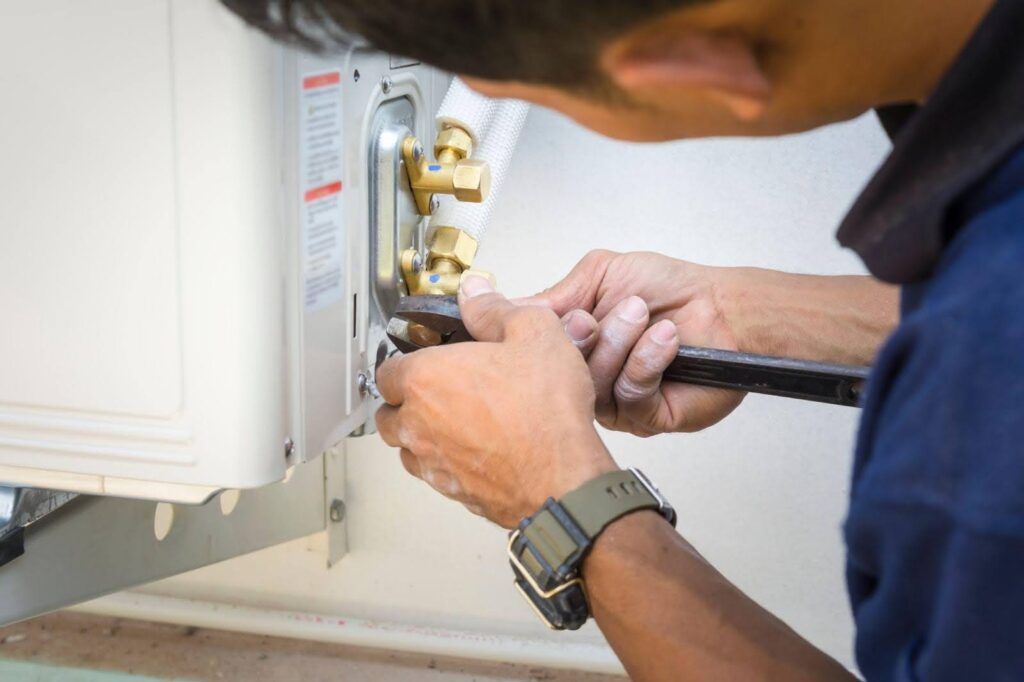
Consider noise levels associated with furnaces
Noise levels are an important consideration when choosing the perfect furnace for your home. Nobody wants a furnace that makes a lot of noise every time it kicks on.
It can be distracting and annoying, especially if it’s near your living or sleeping areas. Some furnaces operate much quieter than others, making them a preferred choice in homes where peace and quiet are valued.
Quiet operation features
Furnaces with quiet operation features minimize noise, making them ideal for use in areas of the home where sound might be disruptive. Here are some features that contribute to quieter operation:
Variable-speed blower
This feature allows the blower to adjust its speed depending on your home’s heating requirements, operating at lower speeds when possible to reduce noise.
Insulated cabinets
Some furnace models come with insulated cabinets that help dampen the sound of the motor and airflow, leading to quieter functions.
Modulating gas valves
These valves allow the furnace to adjust the amount of fuel that is converted into heat, reducing the need for loud on/off cycling.
Noise ratings explained
Understanding noise ratings can help you choose a furnace that operates quietly. Furnaces are often rated for the noise they produce, measured in decibels (dB). Here’s a simple guide to what the numbers mean:
- 40-50 dB: Similar to a quiet library or a soft conversation at home – very quiet for a furnace.
- 51-60 dB: Comparable to the background noise in a typical office, not silent but generally not disruptive.
- 61-70 dB: Sounds like city traffic from inside a car – can be noticeable but might be acceptable for some areas in your home.
If quiet operation is important to you, seek out models with lower dB ratings when shopping for a furnace. Additionally, consulting with a professional for regular maintenance will keep any furnace running smoothly. Furnace maintenance services ensure that everything is in optimal condition, which can also help reduce noise levels over time.
Remember, selecting a furnace is not only about warmth during cold climates or the upfront cost. Considering the noise level will contribute to your comfort and enjoyment of your living space.
Examine warranty options and durations
Understanding warranty options is crucial when choosing the right furnace for your home. Warranties give you peace of mind and protect your investment. They cover parts and sometimes labor, reducing future repair costs. Let’s explore the two main types of warranties: manufacturer warranties and extended warranties.
Manufacturer warranties overview
Furnace manufacturers offer warranties. They typically cover the cost of replacement parts if something goes wrong with your furnace.
The duration of these warranties varies. Most furnace manufacturers offer a basic warranty that lasts between 5 to 10 years. It’s a good idea to check what specific parts are covered, such as the heat exchanger or controls.
Extended warranty considerations
Extended warranties are offered by dealers or third-party providers and extend coverage beyond the manufacturer’s warranty. They often cover more parts and include
Extended warranties can be beneficial, especially if you plan to keep your furnace for many years. They offer added security against unexpected repair costs, ensuring your furnace continues running smoothly.
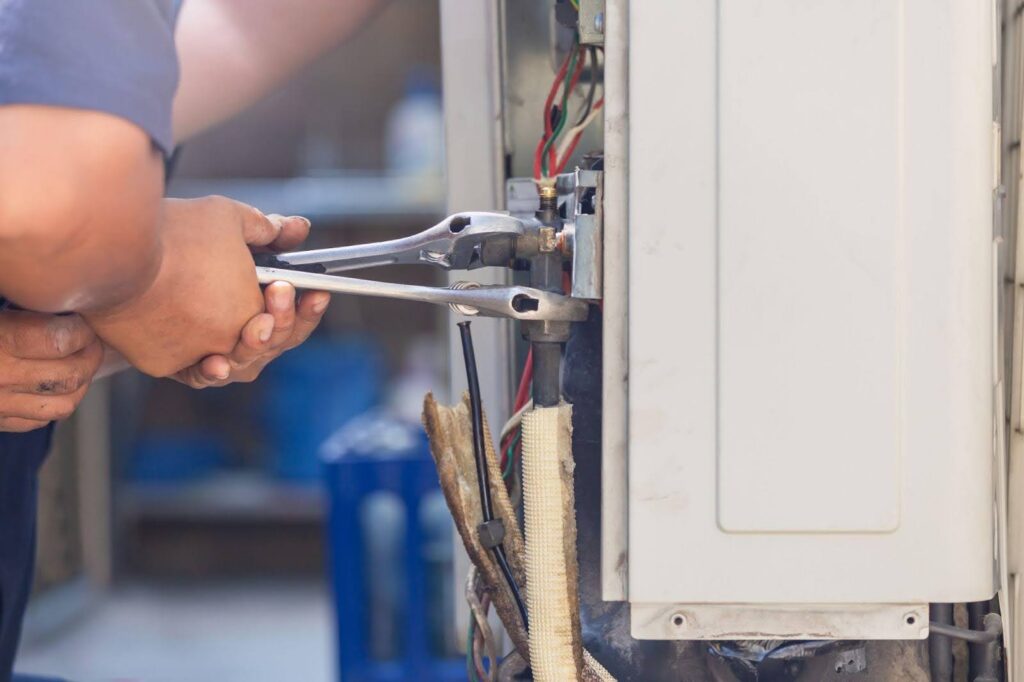
Get the right furnace for your home from Paragon Service Pros
Choosing the right furnace for your home is a big decision, but you don’t have to make it alone. At Paragon Service Pros, we specialize in helping homeowners find the ideal heating solution for their space, needs, and budget.
Whether you’re upgrading to a more energy-efficient model, replacing an outdated furnace, or installing a brand-new system, our experienced technicians will provide expert guidance and seamless installation.
We’re committed to ensuring your home stays warm and comfortable throughout the colder months with a reliable, efficient, and perfectly suited furnace. Don’t settle for less when it comes to your family’s comfort—turn to Paragon Service Pros for all your furnace needs.
Ready to get started? Schedule a consultation with Paragon Service Pros today and experience the difference our professional expertise makes. Call now or book online to take the first step toward a cozy, efficient home!
situs toto
data macau

